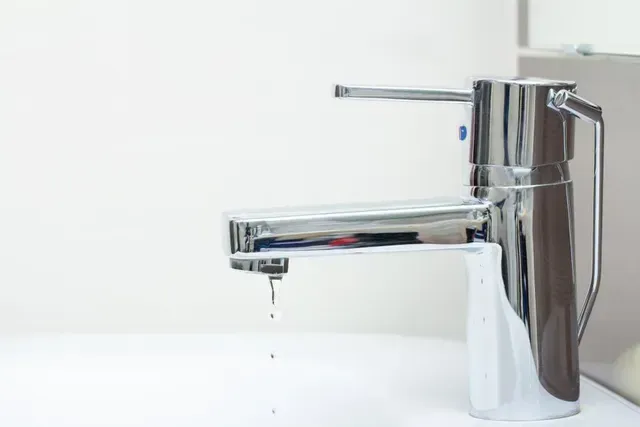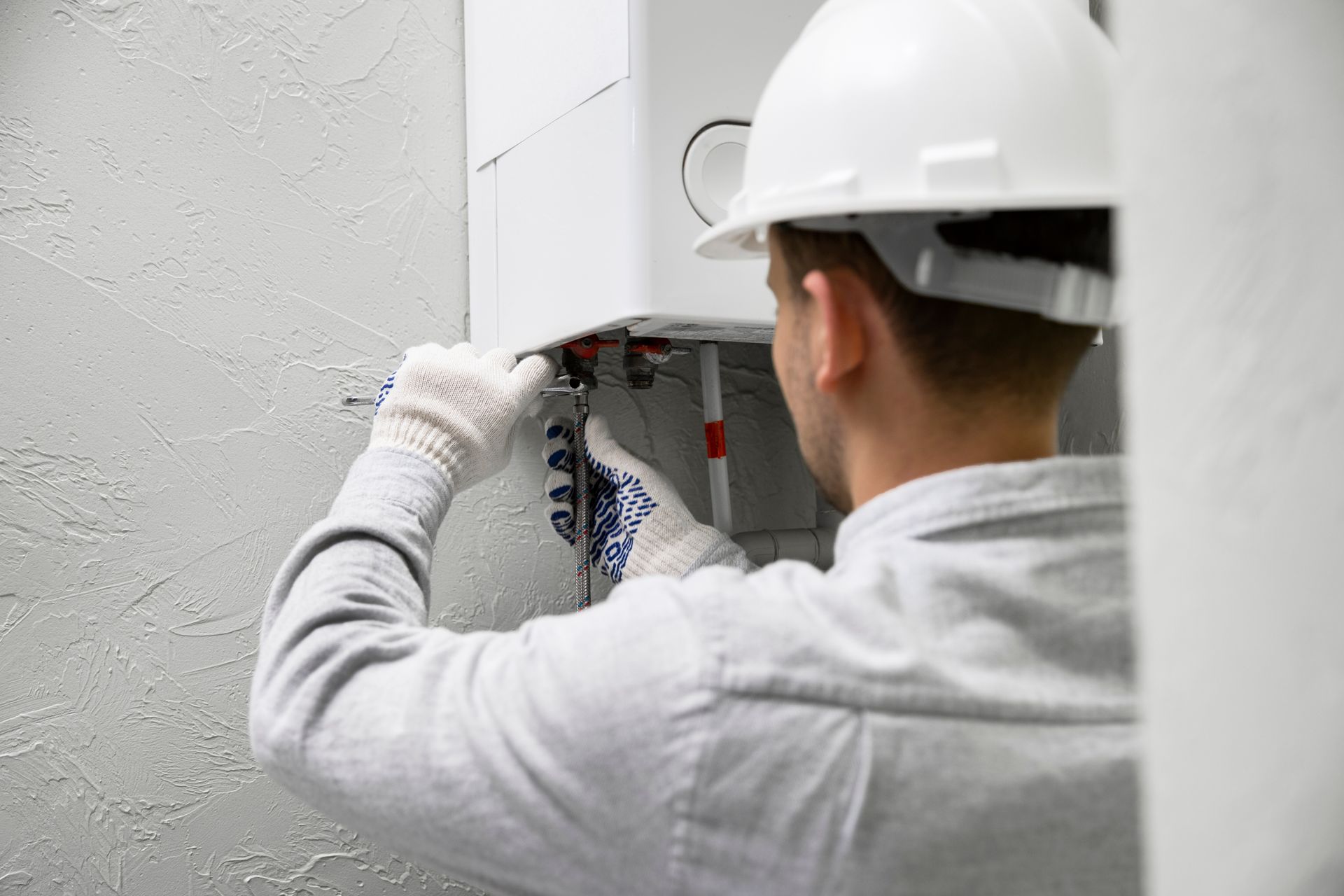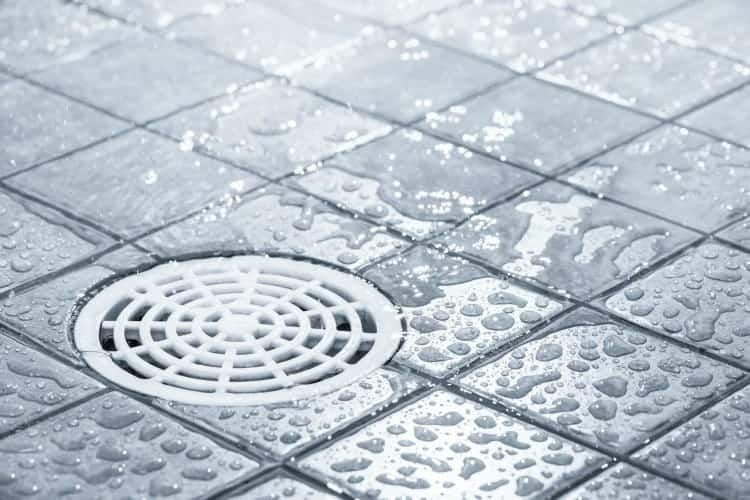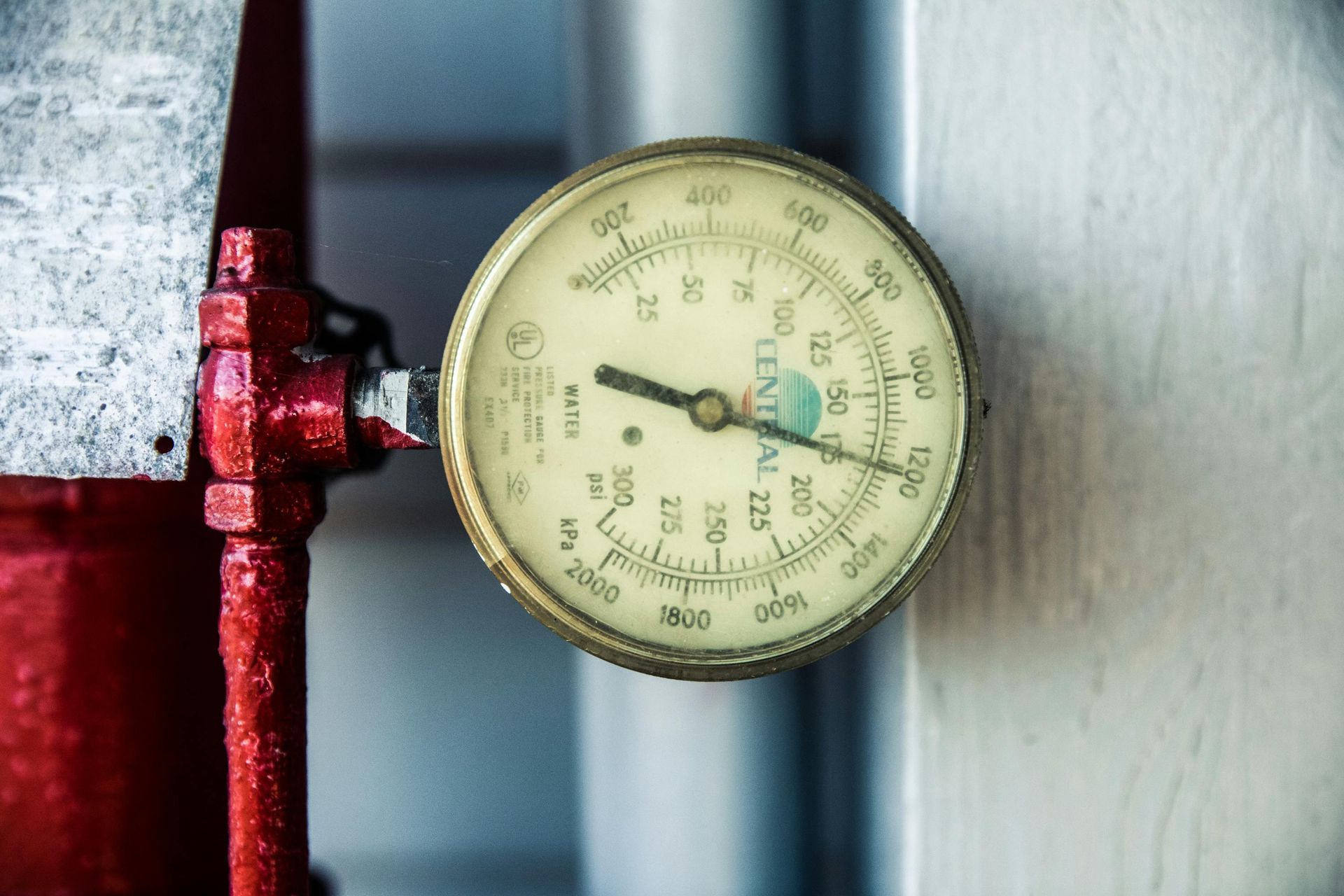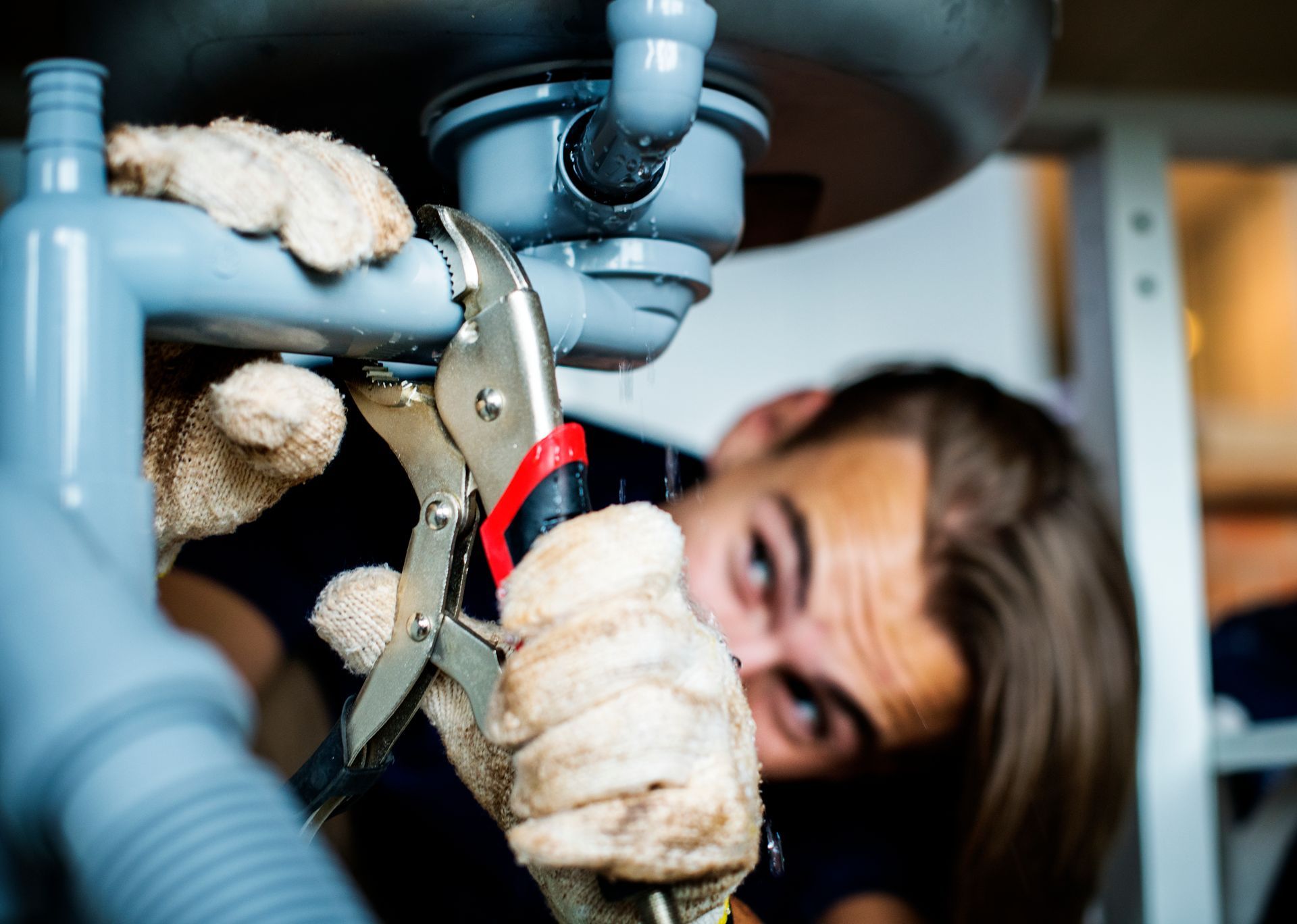How to Prevent Future Clogs in Kitchen and Bathroom Drains?
Clogged drains in kitchens and bathrooms are common plumbing problems that can disrupt daily activities and lead to costly repairs. Preventing these blockages before they form is crucial to maintaining a smooth and functional plumbing system. This detailed article explores the most effective ways to prevent future clogs in your kitchen and bathroom drains, emphasizing proactive maintenance and smart habits. By engaging professional services like All City Plumbers for periodic Drain Clearing and incorporating essential home upgrades—such as the decision to install a frost-proof outdoor faucet—you can protect your plumbing infrastructure and avoid inconvenient blockages.
Understanding How Clogs Form
Drain clogs usually start small, resulting from the gradual buildup of hair, grease, soap scum, food scraps, and other debris. In bathrooms, hair and soap residues stick to pipe walls, creating stubborn blockages. In kitchens, grease and food particles adhere to pipes and solidify over time, restricting water flow. Overlooking these accumulations may lead to reduced drainage speed, unpleasant odors, and eventually complete blockages.
Best Practices for Preventing Kitchen Drain Clogs
Avoid Pouring Grease and Oils Down the Sink
One of the main culprits behind kitchen sink clogs is grease, fat, and oils. These substances congeal and stick inside pipes, trapping food particles and causing persistent blockages. Instead of pouring grease down the drain, collect it in a sealed container and dispose of it with your household waste.
Use Sink Strainers
Sink strainers catch food scraps and prevent them from entering the drain line. Regularly cleaning these strainers keeps your drainage system free of solid debris. For households with garbage disposals, strainers still add an extra layer of protection to minimize the risk of clogs.
Be Mindful of Food Waste and Garbage Disposal Use
While garbage disposals help break down many food wastes, some items like coffee grounds, eggshells, potato peels, and fibrous vegetables do not grind well and may accumulate in pipes. Limit the disposal of such materials, and always run cold water during and after use to flush debris through the pipes and prevent grease buildup.
Regular Cleaning Using Natural Solutions
Flushing your kitchen drain weekly with hot water and natural cleaners such as baking soda and vinegar can help dissolve minor grease and detergent residues before they harden. This simple practice supports consistent water flow and reduces future clog risks.
Best Practices for Preventing Bathroom Drain Clogs
Install Drain Screens or Hair Catchers
Hair is the leading cause of bathroom sink and shower drains clogging. Installing screens or hair catchers over drains captures loose hair and other debris. Regular removal of this material is crucial to maintain clear passageways.
Avoid Flushing Non-Flushable Items
In toilets and bathroom sinks, avoid flushing or rinsing down items such as sanitary products, cotton balls, wipes, or excessive toothpaste, which do not dissolve properly and can cause serious plumbing problems.
Routine Maintenance and Drain Cleaning
Occasional use of enzyme-based drain cleaners can help break down organic material without damaging pipes. However, avoid harsh chemical cleaners as they may corrode pipe interiors over time.
The Role of Professional Maintenance and Drain Clearing
Despite your best efforts, some clogs may still develop due to factors beyond surface-level maintenance. In these cases, professional Drain Clearing services provided by companies such as All City Plumbers are essential. Professionals use advanced equipment to clear pipes deeply and thoroughly, restoring smooth flow and identifying underlying issues that contribute to blockages.
Periodic professional inspections and maintenance can proactively address problems before they escalate into major repairs.
Additional Tips for Comprehensive Plumbing Care
While preventing drain clogs is critical, holistic plumbing health encompasses other priorities. For instance, homeowners in colder climates should consider the need to install a frost-proof outdoor faucet to prevent pipe freezing and bursting during winter. Similarly, addressing plumbing noises is important—knowing how to properly fix water hammer noises in your pipes reduces strain and prolongs the lifespan of your plumbing system.
Conclusion
Preventing future clogs in kitchen and bathroom drains requires a combination of mindful usage, regular cleaning, and professional maintenance. Avoid disposing of grease and harmful debris, utilize strainers, and flush drains with natural cleaners to reduce buildup. Engaging expert services like those from All City Plumbers ensures effective Drain Clearing when clogs do occur, maintaining the health and efficiency of your home's plumbing. Additionally, incorporating preventative measures such as installing frost-proof faucets and addressing pipe noises further protects your plumbing investment, providing peace of mind and uninterrupted comfort.


